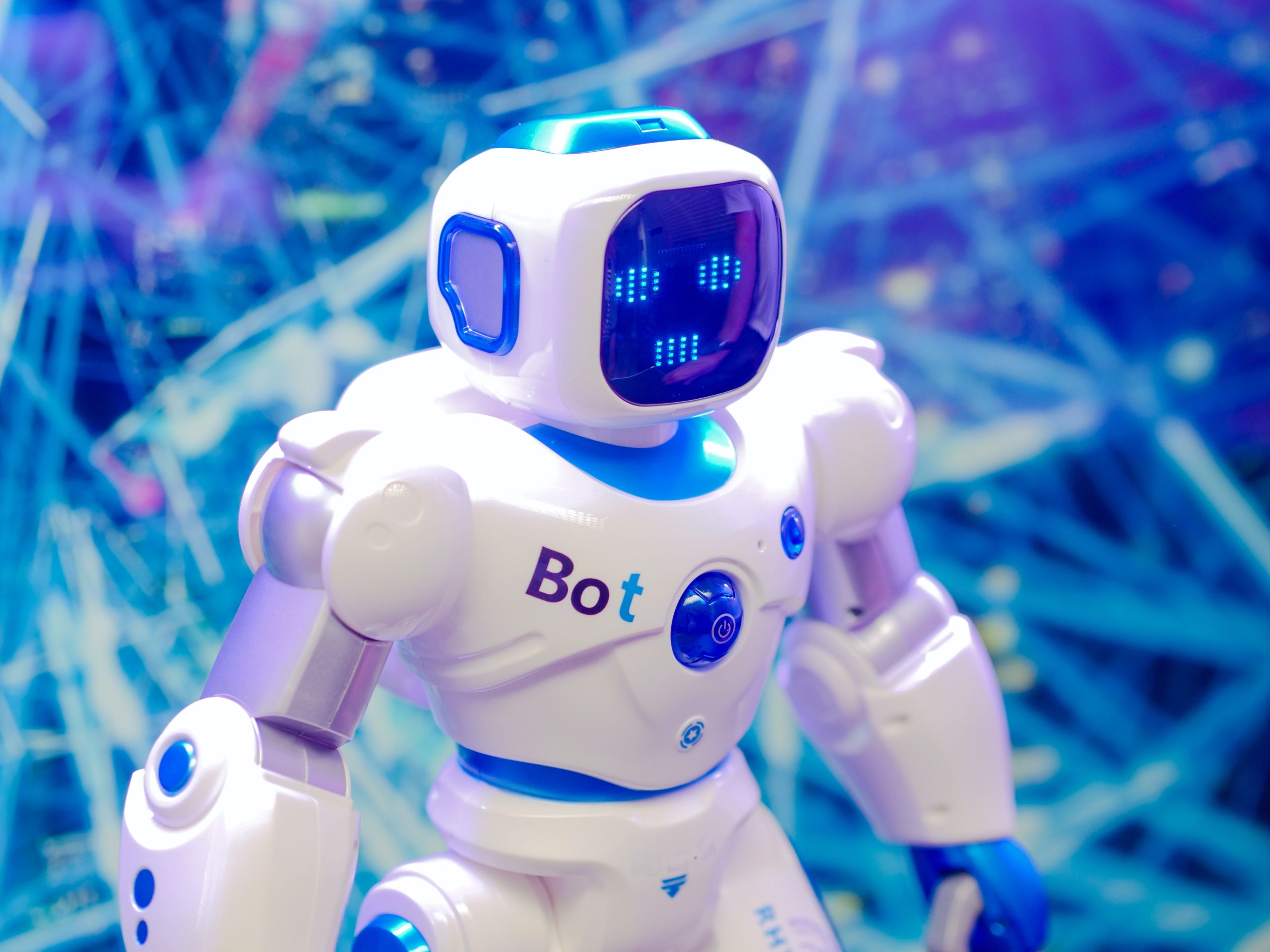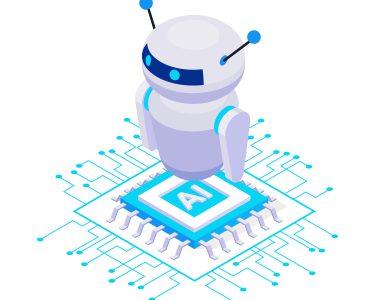The gaming industry has seen remarkable growth in recent years, driven by advances in technology, the rise of mobile gaming, and the increasing popularity of e-sports. Now, a new player has entered the field, promising to revolutionize the way games are developed and played: artificial intelligence (AI).
AI is already being used in many areas of the gaming industry, from improving graphics and game physics to creating smarter opponents and more immersive game worlds. But some experts believe that AI has the potential to go even further, transforming the way games are designed, developed, and marketed.
One area where AI is making a big impact is in the creation of blockbuster video games. These are the big-budget titles that dominate the industry, with millions of dollars invested in development and marketing. They are also the games that often define a console or platform, with titles like Halo, Call of Duty, and Grand Theft Auto becoming household names.
Creating these games is a massive undertaking, involving hundreds of developers, artists, and designers working together to build immersive worlds, complex characters, and engaging gameplay. But AI is starting to change the way this process works.
One way that AI is being used in game development is through procedural generation. This is the use of algorithms to create game content, such as levels, environments, and even characters, on the fly. Procedural generation allows developers to create vast, dynamic game worlds that can be explored in different ways each time a player starts a new game.
Another area where AI is making an impact is in the development of game engines. Game engines are the software frameworks that power games, providing the underlying systems for rendering graphics, physics, and other game mechanics. Traditionally, game engines have been built by hand, with developers writing code to create the necessary systems. But AI is being used to automate some of this process, allowing developers to create game engines that are more efficient, robust, and customizable.
AI is also being used to create smarter, more responsive opponents. Traditionally, game AI has been based on rule-based systems, where developers program a set of rules for how the opponent should behave. But AI is now being used to create opponents that can learn from their mistakes and adapt to the player’s behavior. This makes the game more challenging and dynamic, as the opponent becomes more difficult to beat as the player progresses.
But the use of AI in gaming is not without its challenges. One of the biggest concerns is the potential for AI to create bias or perpetuate negative stereotypes. For example, if AI is used to generate characters or environments, there is a risk that it will perpetuate existing biases around race, gender, and culture.
There is also concern that AI could lead to a homogenization of game design, with developers relying too heavily on algorithms and automation to create games. This could lead to a lack of creativity and innovation in the industry, as developers become too reliant on AI to do the heavy lifting.
Despite these challenges, there is no doubt that AI is transforming the gaming industry. As AI becomes more advanced and more widely adopted, we can expect to see even more innovation in game design and development. Whether it’s through procedural generation, smarter opponents, or more efficient game engines, AI is helping to create a new generation of blockbuster video games.




